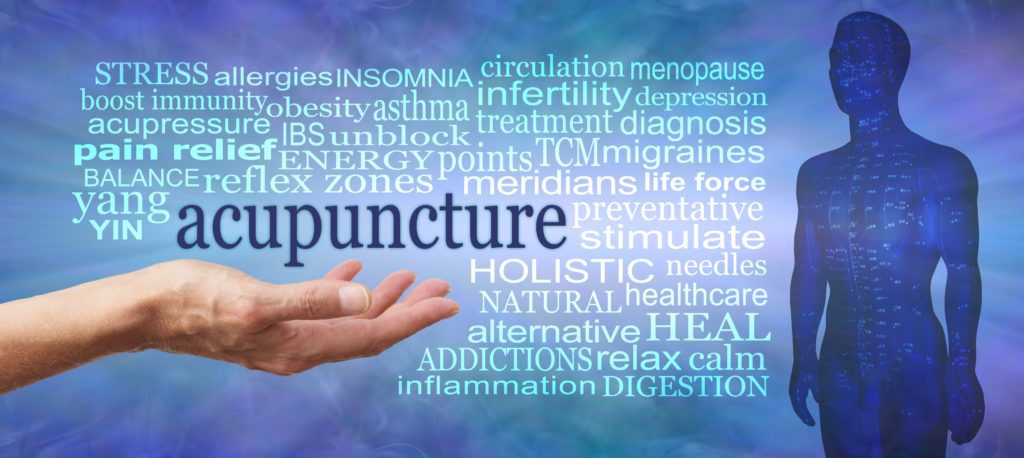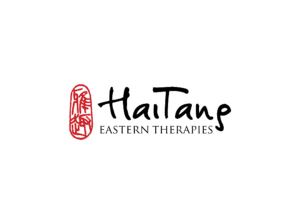
For more than two thousand years, acupuncture and Chinese herbal medicine have been practiced in China. This kind of medicine is not an “alternative” but a typical treatment course for Chinese people. Although these practices seem very new in the United States, TCM is increasingly recognized worldwide. For the people of China, TCM and acupuncture play a significant role in guiding their decisions about their daily lives and health. The components of TCM include herbs, acupuncture, massage, and diet changes. But the primary weapons used by TCM doctors are herbs and acupuncture. This blog hopes to answer some of these questions.
What is Traditional Chinese Medicine?
Traditional Chinese Medicine, also known as “TCM,” has been practiced in China for more than three thousand years. It uses unique theories to direct its clinical application effectively. TCM includes Chinese Herbal Medicine (CHM), acupuncture, moxibustion, disease prevention, personal hygiene, diet therapy, Qigong, Taiji, and health-preserving. It has the same branches as modern western medicine, such as internal medicine and surgery.
How was TCM Formed?
Imagine being in China over 3,000 years ago, with no modern luxuries like electricity. How could people recognize diseases or harmful conditions in our bodies? Ancient TCM doctors combined the concept of ancient Chinese philosophy and the natural phenomena of daily life to develop TCM. Ancient Chinese philosophy observed the laws of nature and finalized the idea into the yin–yang concept. All activities within nature, including human beings, are based upon the yin–yang activity changes. In our daily life, we have day and night, left and right, up and down, hot and cold, water and fire, etc. Day, left, up, hot, and fire belong to the yang side. The opposites belong to the yin side. Things like upwards, hot, bright, active, etc., belongs to yang. Things like downwards, cold, dark, passive, etc., belong to yin.
Human beings are part of nature. That is why all-natural activity can affect humans. Generally, phenomena are synonymous with the names we give to natural activity – like a fire is the name for the activity of when wood burns, and the wind is the name we give to the movement of air. In turn, ancient TCM doctors used natural activities to physically and pathologically analyze humans. Since humans rely on nature and are surrounded by nature, we cannot live without nature. Human beings and nature are unified. This unification is also applied to humans, meaning the human body is a small universe. TCM doctors also found that according to natural phenomena, it is easier to maintain well-being than to treat a disease at its worst state. Maintaining well-being is a cure because it prevents a harmful condition from developing later.
What is TCM’s wind, cold, summer heat, dampness, dryness, and fire?
These words are used in TCM to describe the natural phenomena of the weather and climate. They are called “Six Qi” if they are normal changes that do not harm the human body. Like the regular “four seasons,” they are cold in the winter, warm in spring, hot (fire and summer heat) in the summer, experience dampness in late summer and early fall, dryness in the fall, and wind in all seasons, but with the spring’s wind being the best. All these changes are good for the human body. They are called “Six Evils” if abnormal changes hurt the human body, such as warm in winter, cold in spring, etc.
What is the concept of diseases in TCM?
According to TCM, our human body has three statuses: normal, pre-abnormal, and abnormal. Or you can say normal, pre-disease, and disease statuses. Normal is normal; it is a healthy situation, and disease is abnormal; it is an unhealthy situation.
There are many types of symptoms treatable by TCM. For example, some patients have cold extremities; some have a bad mood, some feel thirsty all the time, some cannot get a restful sleep, and some suddenly develop a poor memory. When western medicine diagnostic machines (e.g., MRIs & CT scans) cannot find anything wrong, TCM can recognize the signs of the very early stages of the disease and effectively treat the symptoms.
Why are TCM and acupuncture good for stress, anxiety, and depression?
TCM and acupuncture theory believe that mental activity is not only associated closely with the brain but also with our internal organs. For example, dwelling on bad experiences can hurt the functioning of the spleen, worrying too much can hurt the lungs’ functions, fear will hurt the function of the kidney, and being overexcited can hurt the functions of the heart. In TCM, the organ’s meaning is conceptual rather than the solid organ itself. For example, in TCM, the heart has functions past just pumping the blood. It also controls mental well-being and some mental activities.
For stress, anxiety, and depression, the target organs are the liver, spleen, partially heart, partially lungs, and partially kidneys. To deal with these problems, the patient eventually feels fine by regulating the functions of the organs. The length of this process depends on each individual. For some, it could be weeks, and for others, it could be months.
Maintaining the well-being of internal organs is vital for the whole body’s well-being, but it is also good for mental health. Maintaining the well-being of the internal organs is especially important for people who are easily stressed, depressed, and anxious, regardless of whether they are eating a suitable diet.
Why is acupuncture good for asthma and allergy?
In TCM, the lungs control the hair and skin. If the lungs are strong enough, the skin can protect us from the attack of external pathological factors. When our body is weak, the cold the allergic factors affect us. Plus, the urinary bladder is the biggest channel. It is also essential for asthma and allergy. And the other organ’s more vital function is also essential. Acupuncture can strengthen these skin, channels, and organs to cure asthma and allergy. Of course, not all asthma and allergy can be cured by acupuncture. Such as asthma due to heart disease, allergy due to some drugs, etc.
What is Acupuncture?
Acupuncture is a very effective therapy for over 450 diseases and conditions. It uses fine acupuncture needles (as thin as human hair!) or heat and cupping to stimulate points for promoting the body’s natural healing (rebalancing) and improving its functioning. The yin and yang are eventually rebalanced, and patients will return to a normal or healthy state.
What is Chinese Herbal Medicine (CHM)?
Chinese Herbal Medicine (CHM) is another prominent part of Chinese Medicine. It uses Chinese herbs to treat patients. In China, it can affect all diseases and conditions, with most patients experiencing positive results from herbal treatment.
Why are some of my favorite foods forbidden by my TCM doctor or acupuncturist?
In TCM, foods are divided into different natures: cold, cool, warm, hot, generate sputum, generate dryness, generate stagnation (obstruction), etc. So, if you are a cold person or your problem is naturally cold, the TCM doctor will suggest that you avoid cold or cool food but encourage you to eat warm or hot food. Please note that warm/hot food does not mean that it is physically hot (like from the stove or microwave!) and has to do with the properties of the food item itself. Spicy food is warm or hot by nature, many vegetables are cold or hot, and some fruits are warm or hot. Please consult your TCM doctor for more specifics on food items that fit into different categories.
